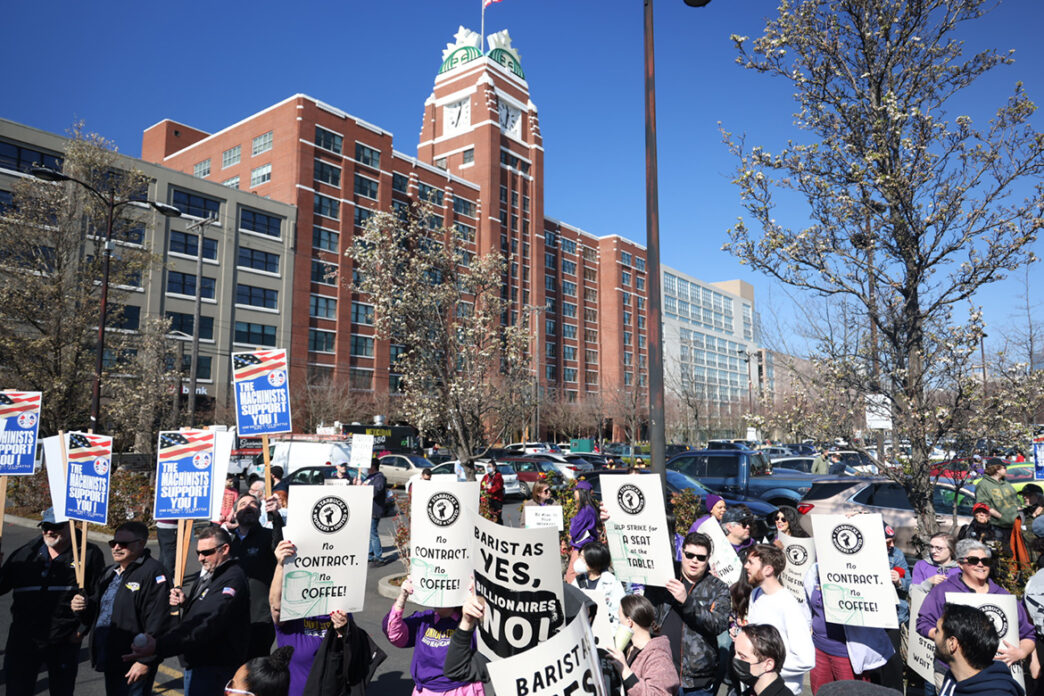
through Starbucks Workers United
This December will mark four years since the first newfangled Starbucks successfully voted to unionize. By this time, over 600 stores had followed suit and joined Starbucks Employees Union. And no agreements were ratified. That’s why trade unionists of the coffee chain in over 40 cities have started a strike that they believe will be the “biggest and longest” in the company’s history.
Strikes are nothing modern for Starbucks Workers United, but the latest action, which they call the Red Cup Rebellion, has intensified. As reported Guardianthe current strike began on November 13, coinciding with Red Cup Day, “which typically marks the start of the coffee chain’s lucrative trading season.” This alert is open-ended, which means there is no specific end date. More than 1,000 employees are already taking part and are urging customers to stay away from the store until the deal is completed.
According to Starbucks Workers United, the strike covers 65 stores, most of which have been forced to temporarily close. SWU says it will expand to more stores if it doesn’t make progress on the deal, a move it describes as “no deal, no coffee.”
The strike was approved by 92% of SWU members and gained support from prominent politicians such as the mayors-elect of Fresh York and Seattle, respectively, Zohran Mamdani and Katie Wilson. The framework was initially agreed in early 2024, but talks ultimately stalled, with both sides blaming the other for a lack of good faith negotiations.
In response to the strike, a Starbucks spokesperson states that over 99% of Starbucks stores are still open and that they “held the strongest Reusable Red Cup Day in the company’s history.” The spokesperson also noted that “Starbucks already offers the best jobs in retail, including an average of over $30 per hour in pay and benefits for hourly partners.”
Starbucks Workers United launched a wave of unionization efforts at specialty coffee shops across the country, many of which, notably Intelligentia, have ratified contracts. Thus, they raise the temperature, and today marks one week since the start of the strike. The effectiveness remains to be seen and depends on workers holding the line against a multi-billion dollar corporation that could take the hit. But the pressure is growing. Four years is a long time for a contract.
